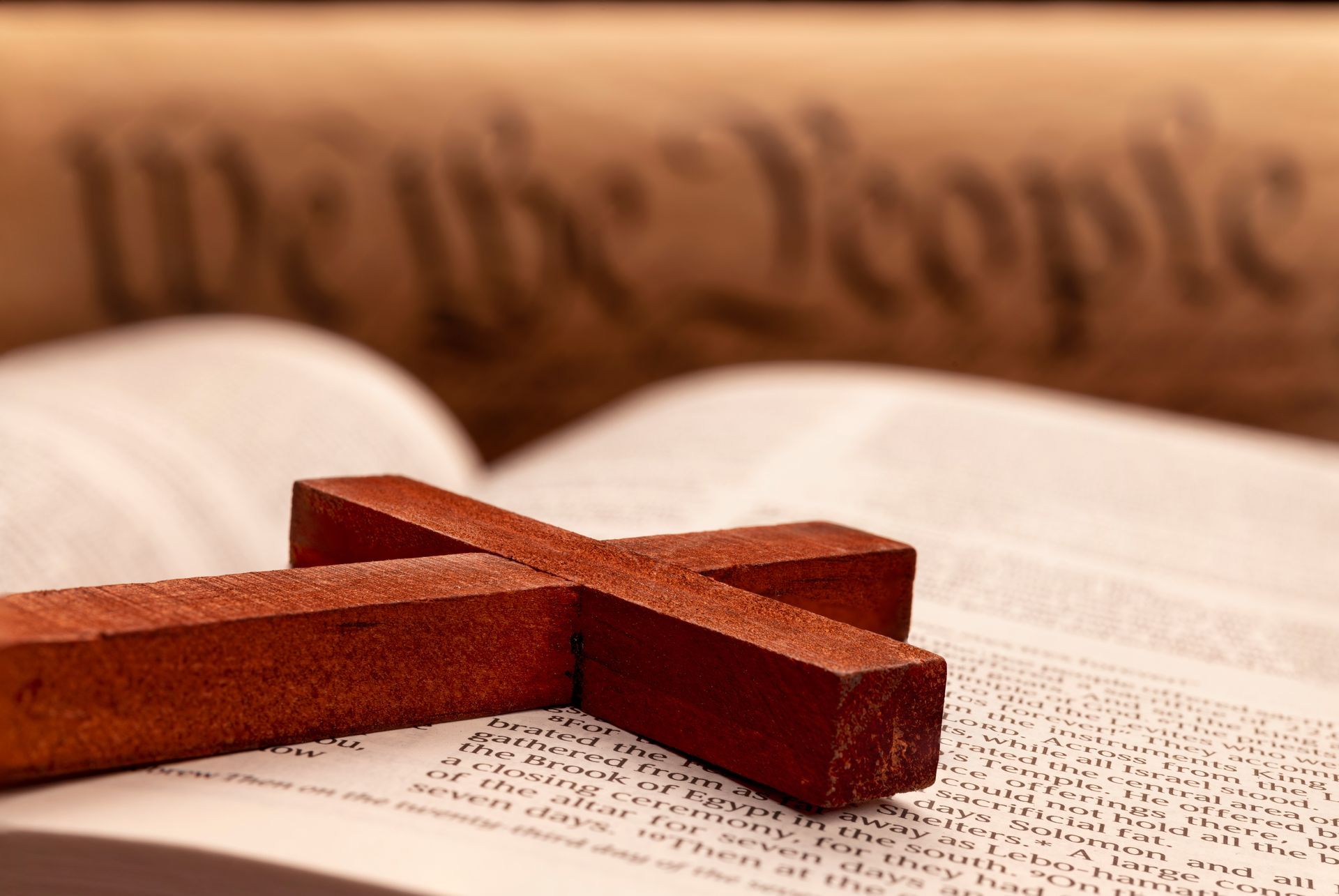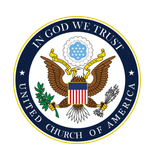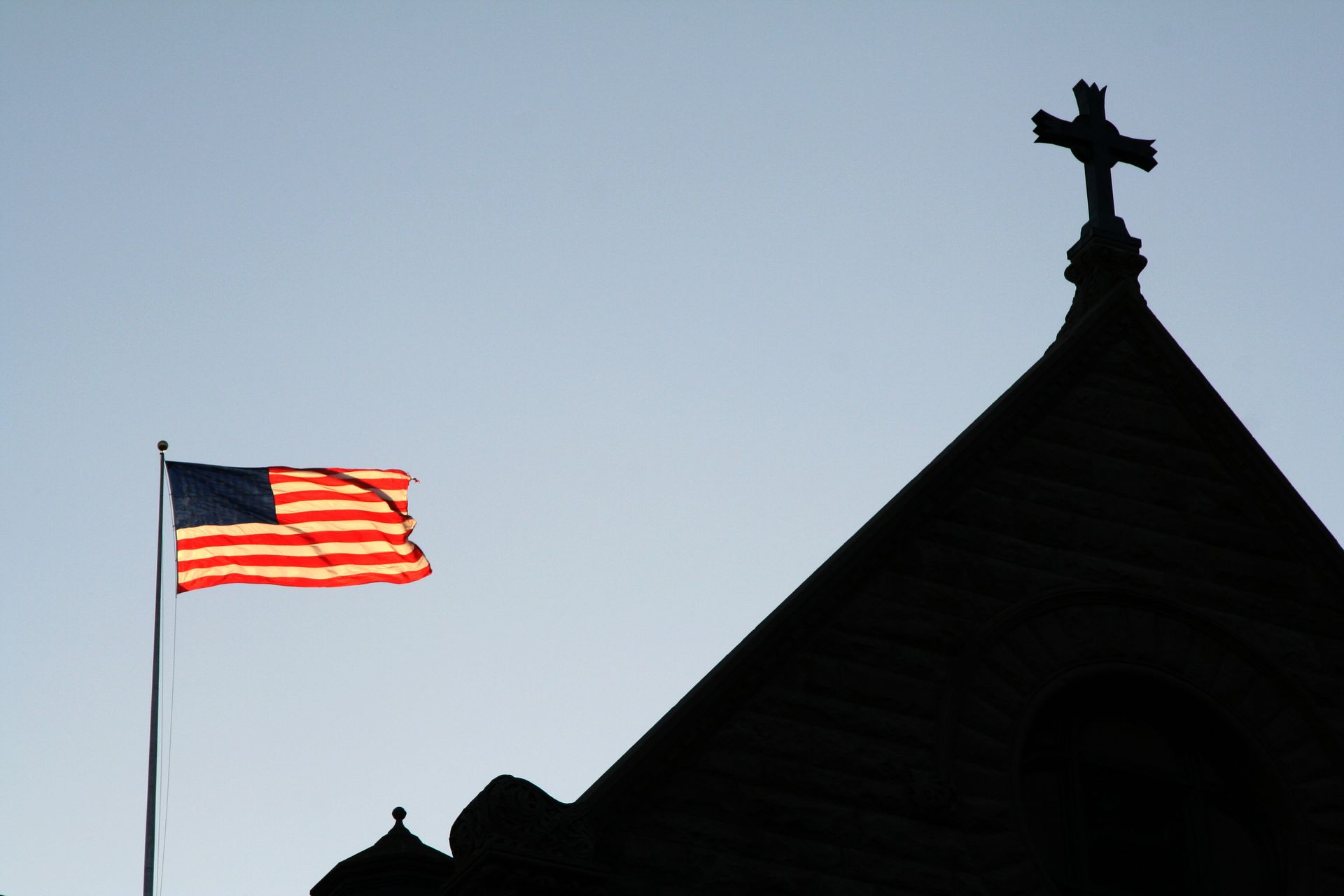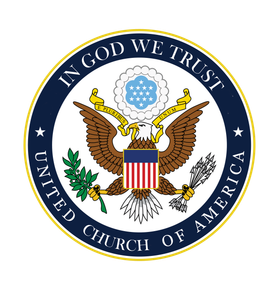UNITED CHURCH OF AMERICA
Whether you like it or not, the
United States of America
was founded upon
Christian beliefs
and principles. Our entire system of government is based upon Christianity, and that is why we are the most blessed and successful country in the entire world.
"We hold these truths to be self-evident, that all men are created equal, that they are endowed by their Creator with certain unalienable Rights, that among these are Life, Liberty and the pursuit of Happiness."
And they took of the fruit of the land in their hands, and brought it down unto us, and brought us word again, and said, It is a good land which the Lord our God doth give us.
Deuteronomy 1:25 KJV
United Church of America
MISSION
Protecting our Children is #1. Our government has overstepped its authority over the People of this great country. We believe in God, Family, Life, Liberty, and the Pursuit of Happiness.
We must fight back against the predatory and destructive religion of gender ideology that is currently infiltrating our great country. This starts with getting back to the basics of what our founding fathers intended; trust in God and stand up to tyranny.
How do we achieve these things?
By focusing on what matters. It all starts with our kids. They need to be brought up in a country that accepts who they really are and recognizing tyranny, not being a victim to destructive propaganda taught in our schools and elsewhere in society. This country was founded upon Christian principles.
“If we lose freedom here, there is no place to escape to. This is the last stand on earth.
― Ronald Reagan
THE UNITED CHURCH OF AMERICA
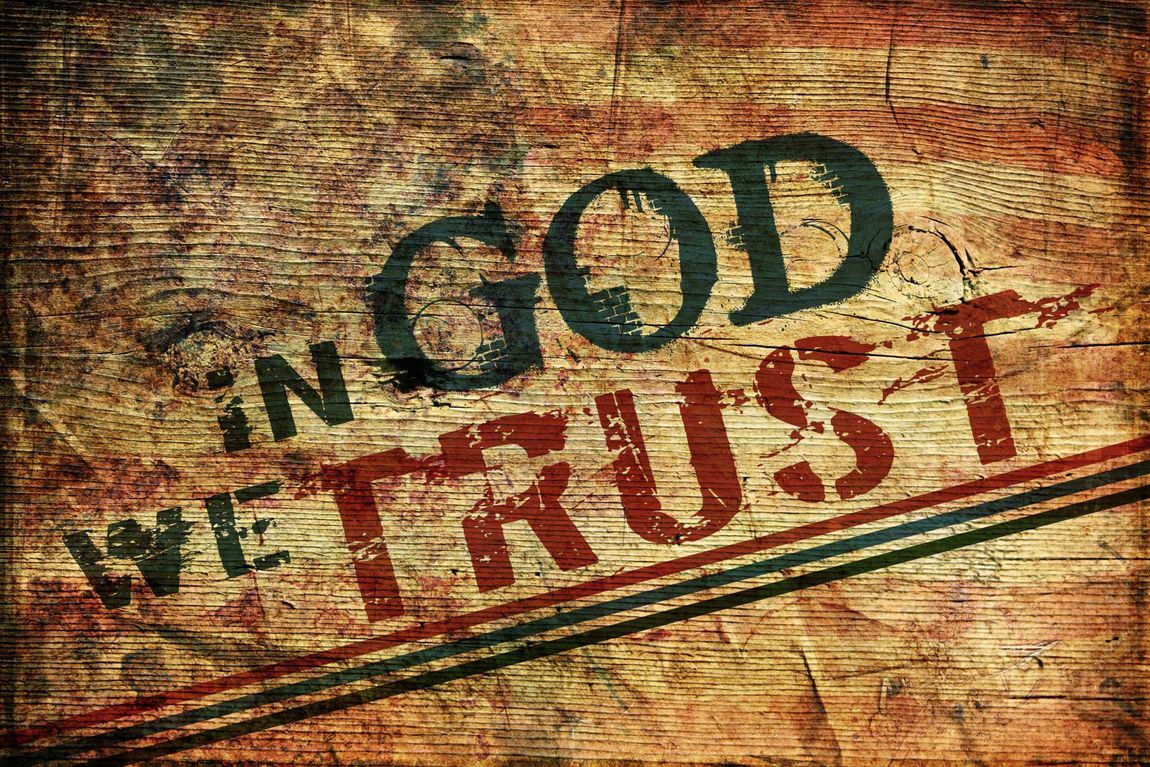
One Nation, Under God.
We help children, families, and communities break the cycle of political ideology by empowering people of all ages to dream, aspire and achieve.
We Believe What Ronald Reagan Campaigned on...
Family - Neighborhood - Work - Peace - Freedom
Education
Teaching children today allows for a brighter future, one in which they can both learn and teach their classmates. A society that learns the core fundamentals on how to live and flourish will live a flourished life. Education just doesn't occur in school, it occurs at home with a disciplined lifestyle.
Health
Teaching children healthy habits like regular exercising, getting sunlight, connecting with earth, and eating healthy unprocessed foods is the core of any healthy lifestyle for both children and adults. Having healthy habits will effect your mental and physical capacity, so its important to take this seriously.
Community
It's a crucial skill and life necessity to connect with those around you. Your success depends on who you know and how you can help each other. We can't do this alone, so it's important to build a community that you can rely on if things get tough, and help others when you are blessed with more fortune than those around you.
Let's Get One Thing Straight
God intended for us to live a certain way. Free from tyranny, free from predatory and harmful religions that worship the self and physical objects
Living a meaningful and purpose-driven life is what we were put on this earth to do. That involves working a full time job or running a business, and caring for a family. The current establishment is trying to undo our natural way of living with propaganda and manipulation.
The Bible specifically teaches us about tyrannical regimes that have lost their way and besieged their own people. The teachings are right there in front of us to take heed of and reflect upon.
Working in cooperation and caring for all of God's children is how we must all live.
Take Action
Volunteer your energy, talents and resources to bring inspiration and hope to those who need it.
Is America a Christian Nation?
Was the US Founded on Christianity?
Click the video below to find out
In the News
NOT
the United Church of Christ (UCC)
The United Church of America is not to be confused with the United Church of Christ. The UCC is a hollowed out shell of a church that now worships the false gods of climate change, racial justice, and transgenderism. Check out their website to see who and what they really believe. A so-called Christian church should not be a neo-marxist activist organization. A true wolf in sheep's clothing, NOT a true Christian church.
Worshipping sin and false gods is against the one and only Lord Almighty. When you support churches like that, you are supporting the mutilation of children, satan, the destruction of our culture, and hatred for Christianity.
Woe be unto the pastors that destroy and scatter the sheep of my pasture! saith the Lord.
Jeremiah 23:1
SAY NO TO GENDER IDEALOGY
Churches in America have adopted satan as their god. Promoting sin and transgression is against God and the Bible.
- Gender ideology is predatory and harmful.
- Gender ideology has no place in our country or Christian churches.
- America is based on Christian values, not satanic values.
We welcome ALL nationalities, creeds, colors, cultures, backgrounds, etc to join the UCA. However, we will not modify ancient biblical teachings to suit personal preferences.
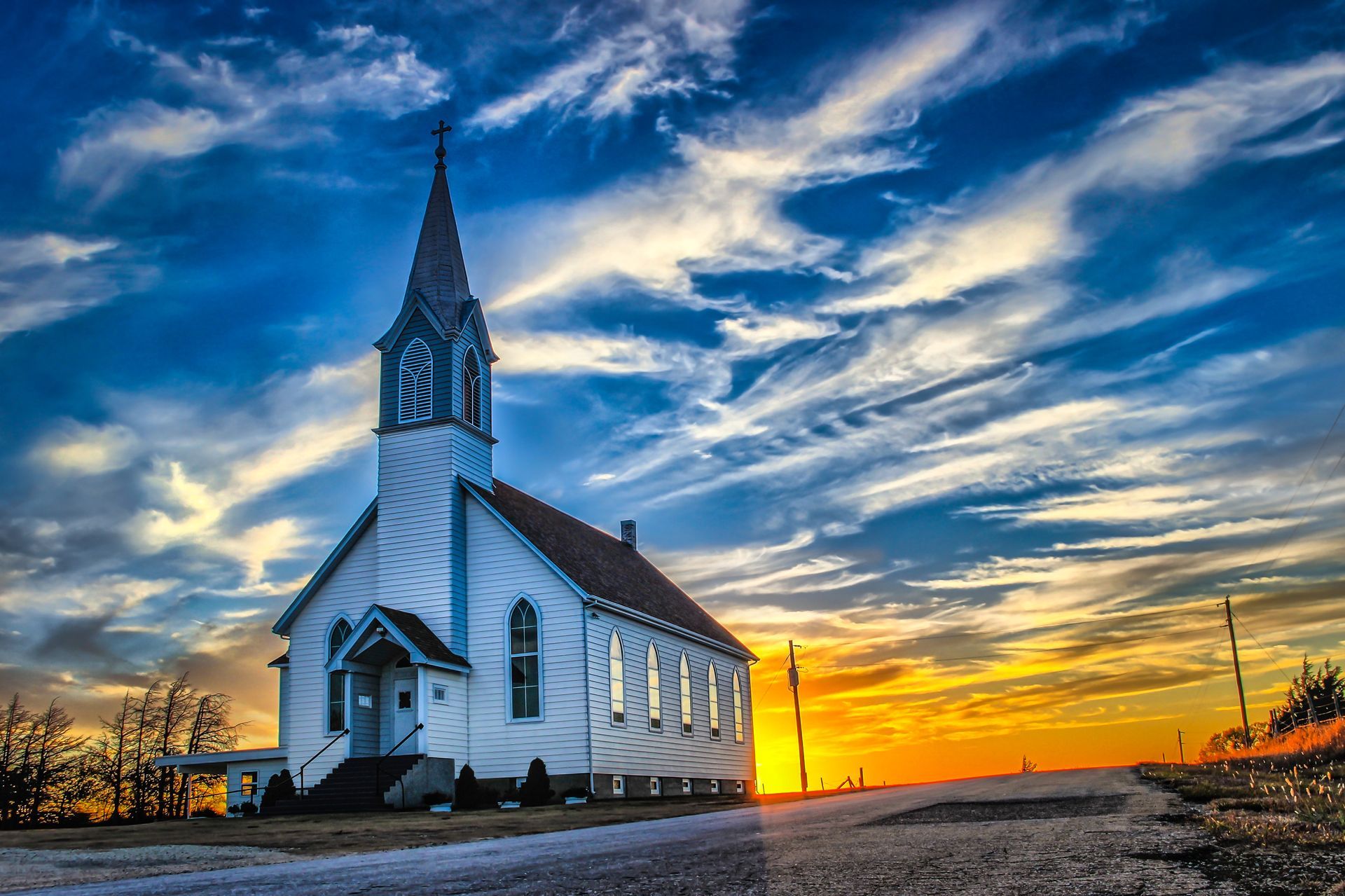
America's Founding - The American Church
Christian principles had a significant influence on the founding documents of the United States government, as many of the Founding Fathers were deeply influenced by their Christian beliefs and values. While the United States was founded on principles of religious freedom and liberty, certain Christian ideas and ethics played a role in shaping the nation's foundational documents, such as the Declaration of Independence and the Constitution.
Natural Rights: The idea that all individuals are endowed with certain unalienable rights, including life, liberty, and the pursuit of happiness, is a foundational concept in American government and is enshrined in the Declaration of Independence. This concept has its roots in Christian theology, particularly in the belief that all human beings are created in the image of God and therefore possess inherent dignity and worth. This Christian idea influenced the notion of individual rights and the limitations on government power.
Moral Law and Ethics: Many of the Founding Fathers believed in the existence of a moral law or natural law that transcended human laws. This moral law, often associated with divine principles, informed their understanding of justice and ethics. It played a role in shaping the legal and ethical framework of the United States, emphasizing the importance of fairness, justice, and the protection of individual rights.
Equality Before God: The concept of equality before God, drawn from Christian theology, informed the idea of equal protection under the law. It underscored the belief that all individuals, regardless of their social status, were equal in the eyes of the law and entitled to the same rights and protections. Remember, equality is not to be confused with "equity" an entirely different concept.
Freedom of Religion: While the United States was founded on principles of religious freedom and for the government not to get involved with religious institutions, the inclusion of the First Amendment in the Bill of Rights reflects a commitment to protecting religious liberty. This principle aligns with Christian values of conscience and the belief that individuals should have the freedom to practice their faith without government interference.
Prudence and Self-Governance: The idea of self-governance, a central concept in American democracy, is influenced by Christian ideas about human nature and the need for moral restraint. Many Founding Fathers believed that individuals had a responsibility to govern themselves and exercise self-control. This notion of prudence and self-governance contributed to the design of a system of government with checks and balances to prevent the abuse of power.
Human Fallibility and Separation of Powers: Christian ideas about the fallen nature of humanity influenced the Founders' understanding of the potential for abuse of power. This led to the creation of a system of government with a separation of powers among the legislative, executive, and judicial branches, designed to prevent any one individual or group from consolidating too much power. Heavily influenced by John Locke and the success and failure of worldwide empires, the founding fathers boiled down what a righteous government structure should look like.
While the United States was founded on principles of religious freedom and the avoidance of establishing a state religion, Christian principles and ethics played a role in shaping the moral and philosophical foundations of the nation. The Founding Fathers drew upon a diverse range of philosophical and religious influences, and Christianity was one of many sources that contributed to the development of the United States' foundational documents and its commitment to liberty, justice, and individual rights.
Where did the American founders specifically find inspiration?
The Founding Fathers of the United States were influenced by a wide range of historical events, philosophers, and political developments from around the world. While it's difficult to provide an exhaustive list of all their influences, here are some specific ones:
Ancient Greece and Rome:
- The Founders admired the political systems of ancient Greece and Rome. They were influenced by the concept of republicanism and the idea of a mixed government with elements of democracy, aristocracy, and monarchy.
The Enlightenment Thinkers:
- Philosophers like John Locke, Montesquieu, and Jean-Jacques Rousseau had a profound impact on the Founding Fathers. Locke's ideas on natural rights, government by consent, and the right to revolution influenced the Declaration of Independence and the concept of limited government.
- Montesquieu's theory of the separation of powers and checks and balances was instrumental in shaping the U.S. Constitution.
- Rousseau's ideas about the social contract and the general will influenced discussions on democracy and representation.
English Common Law and Tradition:
- The English legal system and the principles of common law, including concepts like due process, trial by jury, and habeas corpus, were significant influences on American legal and constitutional development.
British Political History:
- The Founders drew lessons from the history of British politics, including the English Civil War, the Glorious Revolution of 1688, and the struggles for constitutional rights. They sought to avoid perceived abuses of power by the British monarchy.
Native American Governance:
- In some regions of colonial America, interactions with Native American tribes exposed the Founders to different forms of governance, including tribal councils and confederations. These experiences may have influenced their thinking on federalism and representation.
Religious Ideas and Movements:
- While religious freedom was a key principle for the Founding Fathers, they were also influenced by religious traditions. The Great Awakening, a religious revival in the 18th century, had an impact on American religious and moral values. Many Founders were influenced by Christian ethics and the idea of individual conscience.
European Political Developments:
- Events like the Glorious Revolution in England and the Enlightenment-era writings of European philosophers reached the American colonies and shaped ideas about government, liberty, and the rights of individuals.
Indigenous Governance and Diplomacy:
- Interactions with Native American nations introduced the Founders to different forms of governance and diplomacy. They observed tribal councils and treaty-making processes that informed their thinking on federalism and international relations.
It's important to note that the Founding Fathers' backgrounds were diverse, and they did not adhere to a single set of ideas besides the founding principles of Christianity. They drew from a wide range of sources to develop a unique system of government that would become the foundation of the United States. The resulting Constitution and Bill of Rights reflected a combination of these influences, as well as their own experiences and beliefs.
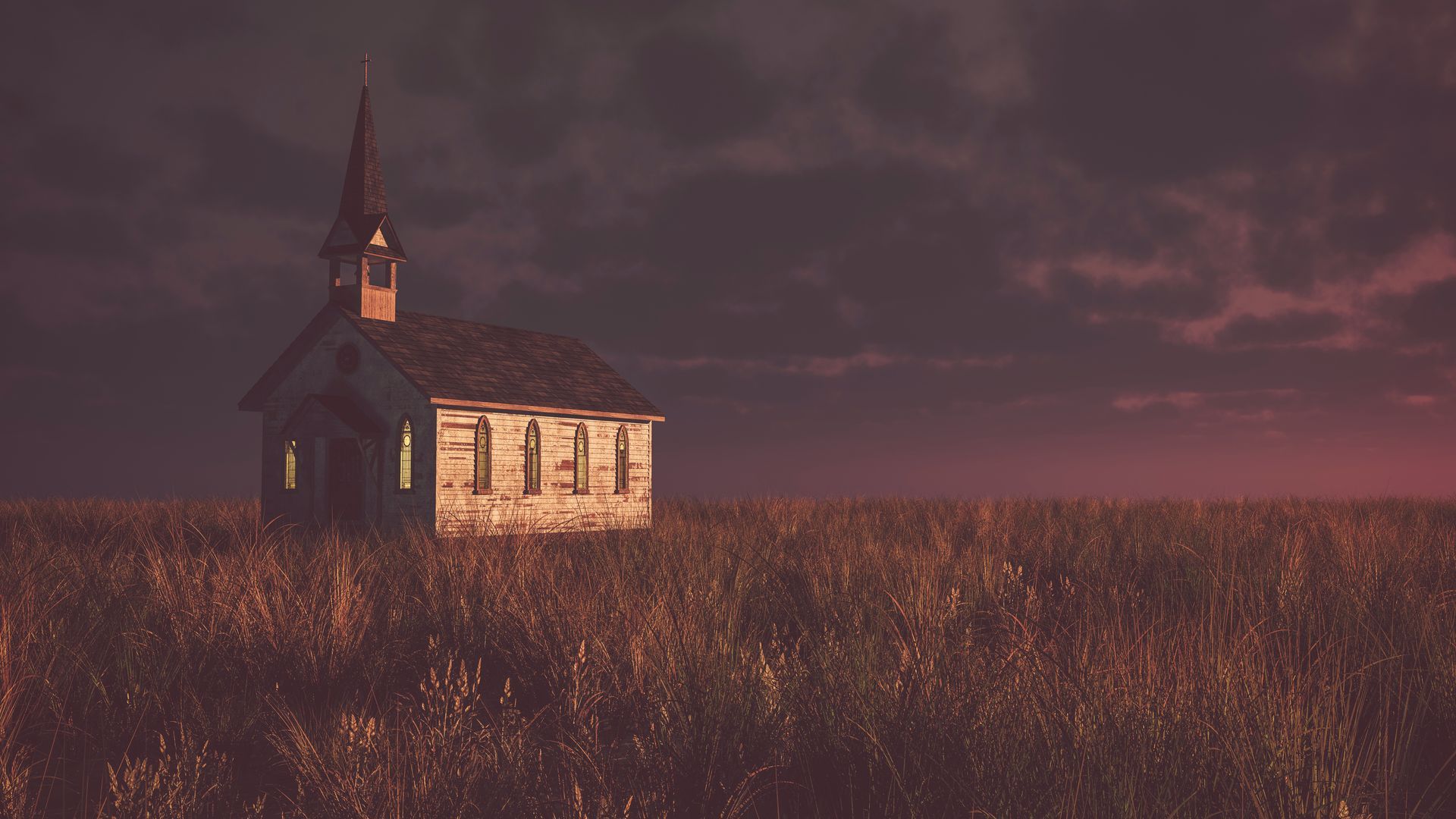
America's First Religions
The first religions in what is now the United States were diverse and varied, reflecting the range of Indigenous cultures and belief systems, as well as the religious traditions brought by European settlers. Here are some of the earliest religious influences in America:
Indigenous Religions:
Before the arrival of European settlers, the Indigenous peoples of North America had a wide array of religious beliefs and practices. These varied greatly from tribe to tribe but often included animism, shamanism, and reverence for nature and the spirits of the land. Indigenous religions were deeply tied to the specific cultures and environments of each tribe. These religions were polytheist in nature.
Christianity:
The earliest European settlers in America, including Spanish explorers and missionaries in the 16th century, brought Christianity with them. Catholicism, in particular, had a significant presence in areas like Florida and the Southwest. Spanish missions were established to convert Indigenous populations to Christianity.
Protestantism:
In the early 17th century, English Puritans and Separatists (Pilgrims) arrived in what is now New England. They sought religious freedom and established communities with various forms of Protestantism, including Congregationalism and Puritanism.
Judaism:
Jewish settlers, including Sephardic Jews fleeing the Spanish Inquisition, arrived in North America in the 17th century. They established communities in places like New Amsterdam (now New York City) and Newport, Rhode Island.
Native American Spiritual Movements:
Some Indigenous tribes, particularly in the Southeastern United States, were exposed to European settlers and began incorporating elements of Christianity into their traditional beliefs. This gave rise to syncretic religious movements like the Native American Ghost Dance.
Quakerism:
Pennsylvania, founded by William Penn in the late 17th century, became a haven for Quakers (Religious Society of Friends) seeking religious freedom. Quakers played a prominent role in the early history of Pennsylvania and advocated for religious tolerance.
Anglicanism:
Anglicanism, the Church of England, became the established religion in some American colonies, including Virginia and the Carolinas, during the colonial period. Anglican churches were often the centers of colonial communities.
Other Protestant Denominations:
Over time, various other Protestant denominations established themselves in different regions of the American colonies. This included Baptists, Methodists, Lutherans, and others.
African Religions:
Enslaved Africans brought to the American colonies and later the United States often retained elements of their traditional African religious beliefs and practices, which sometimes blended with Christianity.
Native American Revitalization Movements:
Some Indigenous communities experienced revitalization movements in response to European contact. These movements sought to preserve or revive traditional spiritual practices and beliefs.
It's important to note that religious diversity has been a hallmark of American society from its earliest days, and this diversity continues to shape the religious landscape of the United States today. The First Amendment to the U.S. Constitution, which enshrines religious freedom, reflects the recognition of the importance of religious pluralism in American society.
The Founding Fathers of the United States were a diverse group with varying religious beliefs and affiliations. They all believed in one God and Creator, or Divine Being, but came from a variety of differing religious upbringings. The important aspect of laying this out is to show the prominent monotheism in the belief that there is only one God, in addition to the fact that their core principles all aligned to create the greatest country in the history of the world.
Here's a brief overview of some of the prominent Founding Fathers and their specific religious backgrounds:
George Washington - Episcopalian:
- George Washington was an Anglican/Episcopalian by upbringing and remained affiliated with the Episcopal Church throughout his life. However, he was known for his religious tolerance and respect for other faiths.
John Adams - Unitarian/Deist:
- John Adams was raised in the Congregationalist tradition but later adopted Unitarian beliefs, which were considered unorthodox by some of his contemporaries. He also had some Deist leanings, questioning traditional Christian doctrines.
Thomas Jefferson - Deist:
- Thomas Jefferson is often regarded as a Deist. He believed in a higher power but rejected some traditional Christian doctrines. He is famously known for his "Jefferson Bible," in which he created a version of the New Testament that excluded supernatural elements.
Benjamin Franklin - Deist:
- Benjamin Franklin identified as a Deist and held beliefs in a creator God but did not adhere to any particular religious denomination. He valued moral and ethical principles but was not a traditional churchgoer.
John Jay - Episcopalian:
- John Jay was an Episcopalian and played a significant role in the founding of the American Bible Society.
Alexander Hamilton - Episcopalian:
- Alexander Hamilton had an Episcopalian background and was also influenced by Enlightenment ideas. He was not particularly devout and had a pragmatic approach to religion.
James Madison - Episcopalian/Deist:
- James Madison was raised in an Episcopalian family but later adopted Deist beliefs. He is known for his strong advocacy of religious freedom and the separation of church and state.
Patrick Henry - Anglican/Episcopalian:
- Patrick Henry was affiliated with the Anglican Church (Church of England) and later the Episcopal Church. He was known for his passionate speeches in favor of American independence.
Samuel Adams - Congregationalist:
- Samuel Adams was raised in the Congregationalist tradition, a Puritan denomination. He was a strong advocate for independence and played a role in the American Revolution.
Roger Sherman - Congregationalist:
- Roger Sherman was a Congregationalist who held strong religious beliefs and was known for his contributions to the Constitutional Convention.
Thomas Paine - Deist:
- Thomas Paine was a Deist and is best known for his pamphlet "Common Sense," which advocated for American independence. He was critical of organized religion and traditional Christian doctrines.
John Hancock - Congregationalist:
- John Hancock was raised in the Congregationalist tradition, a Puritan denomination. He was one of the signers of the Declaration of Independence and played a prominent role in early American politics.
George Mason - Episcopalian:
- George Mason was an Episcopalian and one of the key figures in drafting the Virginia Declaration of Rights, which influenced the U.S. Bill of Rights.
John Witherspoon - Presbyterian:
- John Witherspoon was a Presbyterian minister and signed the Declaration of Independence. He was one of the few clergymen among the Founding Fathers.
Benjamin Rush - Presbyterian:
- Benjamin Rush was a Presbyterian and a signer of the Declaration of Independence. He was also a prominent physician and advocate for public health.
Charles Carroll - Catholic:
- Charles Carroll of Carrollton was a Catholic and the only Catholic signer of the Declaration of Independence. He was an advocate for religious freedom and civil rights.
Gouverneur Morris - Deist:
- Gouverneur Morris was a Deist and one of the authors of the U.S. Constitution. He was known for his contributions to the final draft of the Constitution.
John Dickinson - Quaker/Deist:
- John Dickinson was raised as a Quaker but later adopted Deist beliefs. He played a role in drafting the Articles of Confederation.
Robert Morris - Episcopalian:
- Robert Morris was an Episcopalian and a financier of the American Revolution. He served as the Superintendent of Finance during the early years of the United States.
John Dickinson - Quaker/Deist:
- John Dickinson was raised as a Quaker but later adopted Deist beliefs. He played a role in drafting the Articles of Confederation.
These are just a few additional Founding Fathers, and there were many more individuals who played significant roles in the American Revolution and the founding of the United States. It's important to note that the religious views of the Founding Fathers all worshipped one God, but not all of them adhered to traditional Christian doctrines. Many of them were influenced by the Enlightenment and embraced principles of religious tolerance and the separation of church and state, as reflected in the First Amendment to the U.S. Constitution.
Our God-Given Natural Rights
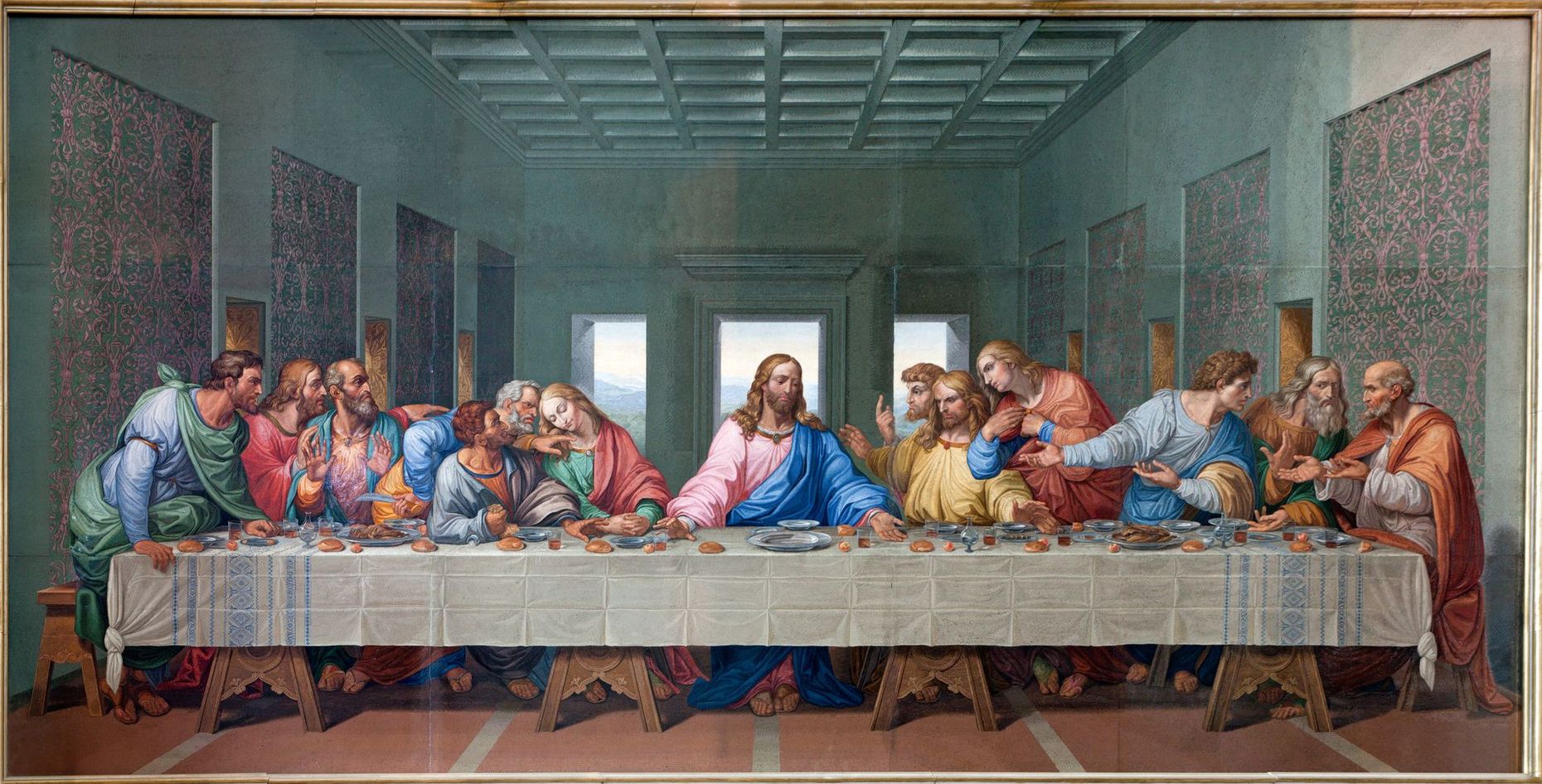
God-given rights are fundamental rights which are inherent to human beings by virtue of their existence and are not dependent on any government or society. These rights are considered natural rights or human rights and are sometimes referred to as inalienable rights. The important thing to remember is that these right are granted to us by God, not by Government and cannot be infringed.
Right to Life: The belief that every human being has a fundamental right to life and that it should not be taken away arbitrarily by others or by the state.
Right to Liberty: The right to personal freedom and autonomy, which includes the freedom to make choices about one's own life, body, and actions within the bounds of the law.
Right to Property: The right to own, use, and dispose of property and possessions as one sees fit, provided it does not infringe on the rights of others.
Right to Freedom of Conscience: The right to hold and practice one's religious or philosophical beliefs without interference or coercion from the government or others.
Freedom of Expression: The right to express one's opinions, thoughts, and ideas freely, including freedom of speech and freedom of the press.
Right to Self-Defense: The right to protect oneself and one's property from harm or aggression.
Right to Privacy: The right to personal privacy and protection against unwarranted intrusion or surveillance by the government or others.
Right to Due Process: The right to fair and impartial legal procedures and protections, including the right to a fair trial, the right to an attorney, and protection against arbitrary detention.
Right to Assemble and Petition: The right to peacefully assemble and to petition the government for redress of grievances.
Right to Pursuit of Happiness: The pursuit of individual happiness, well-being, and personal fulfillment, within the bounds of the law.
Here in the United States, many of these principles are reflected in the Declaration of Independence, which states that individuals are "endowed by their Creator with certain unalienable Rights" including "Life, Liberty, and the pursuit of Happiness." These principles have also been incorporated into legal documents and constitutional protections.
